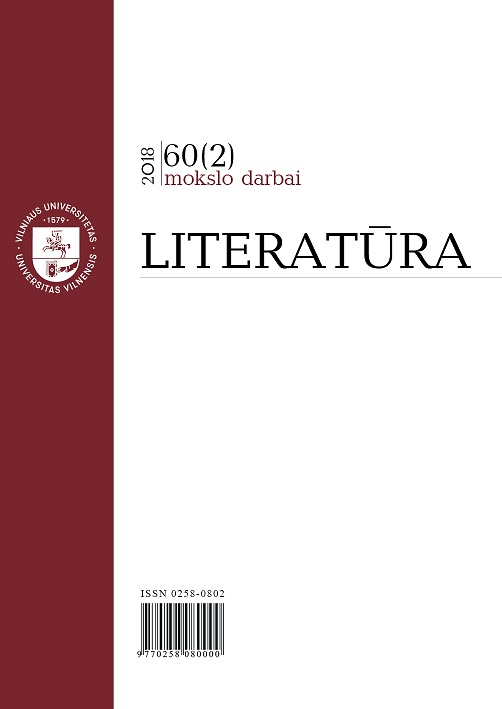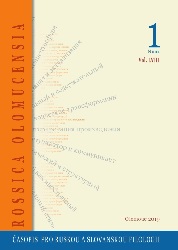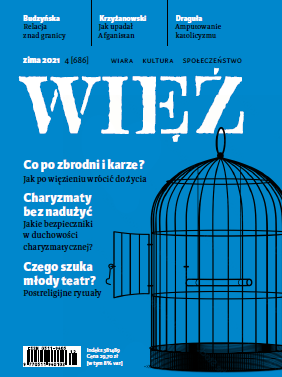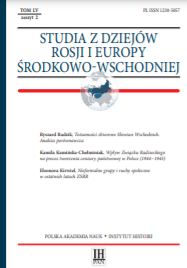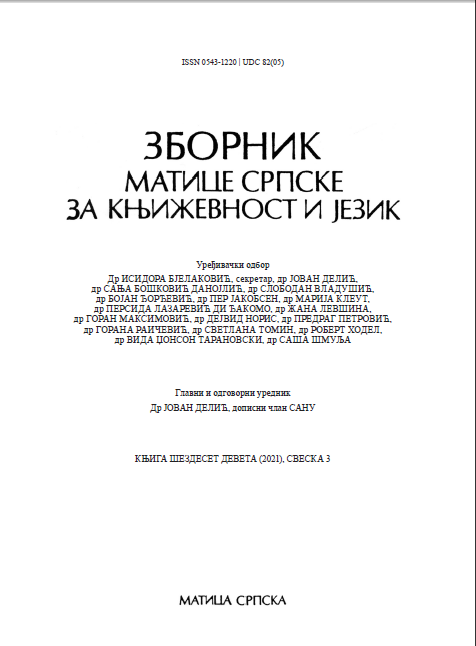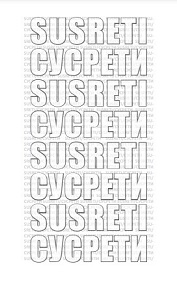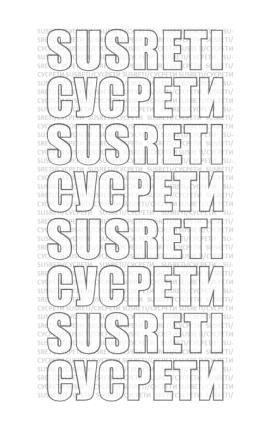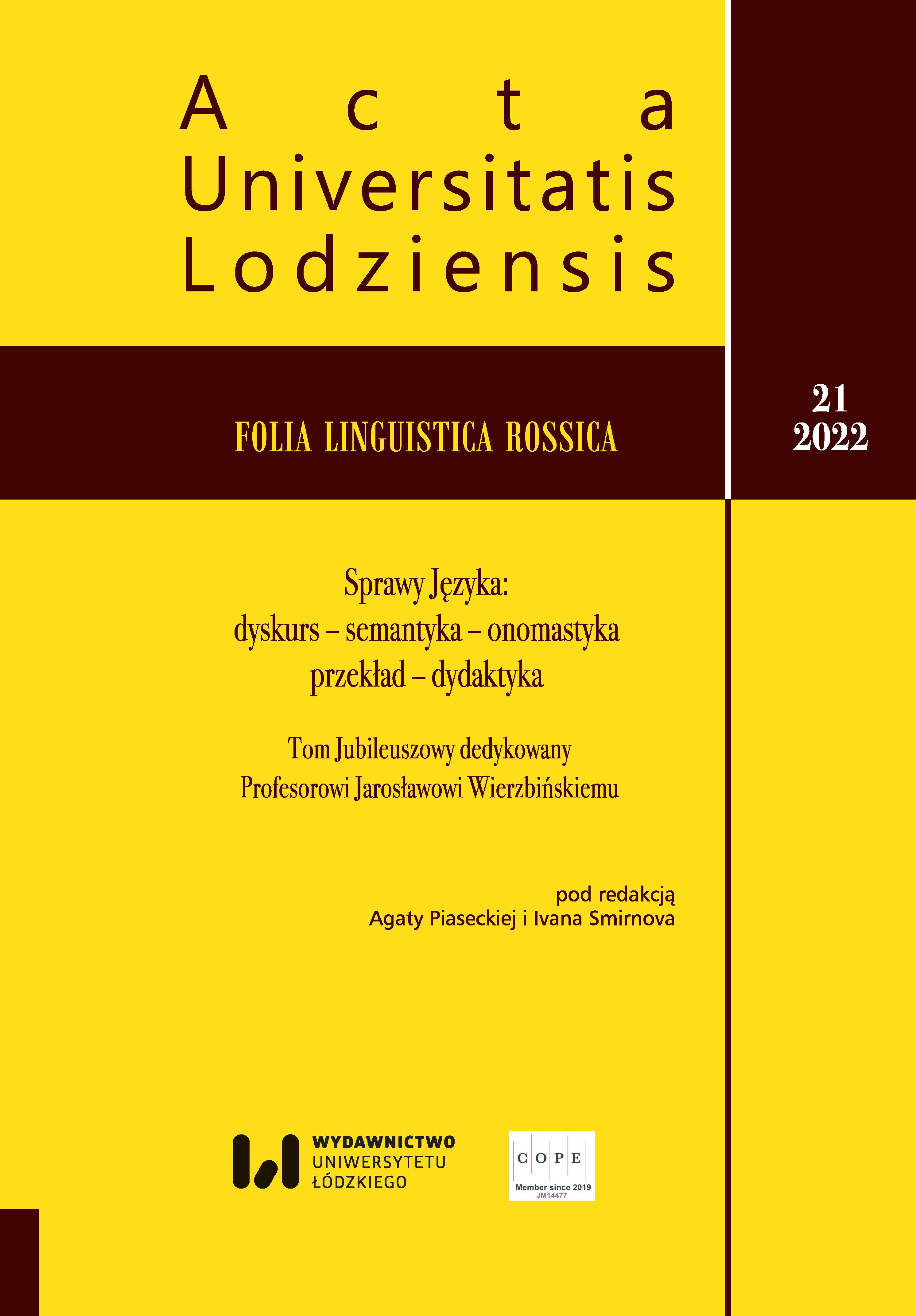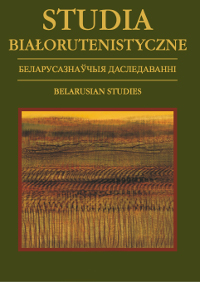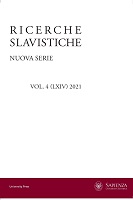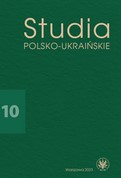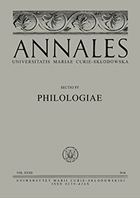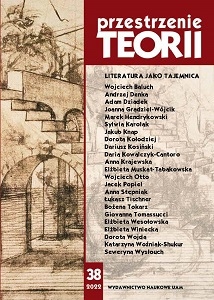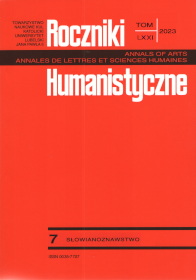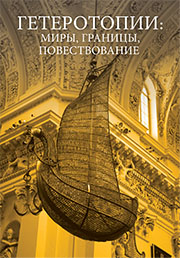
Жизнь в виртуале, или Конфигурация внутреннего пространства в условиях белорусской гетеротопии
The question that one can ask about the heterotopias space at different levels, including the global, civilizational scope and the necessity of the study of self-perception of the people, who live in the heterotopias space, has been put in the article. The self-perception of the modern Belarusian who lives in the heterotopias space is determined by the “metaphysics of absence” (V. Akudovitch). The various configurations of the internal space demonstrated in the poems of the Belarusian poets of the beginning of the XXIst century have their individual differences, but they all reflect the life outside the boundaries of the real space and they are the variants of the virtual time-space. These are the spaces of the authors’ phantasms created on the basis of the mythical worldview, of the computer quest and oneiric poetics. The escapist in its intention to virtualize the time-space in the modern Belarusian poetry has been determined by the specific conditions of Belarus as the heterotopia of the whole world, and its position between past and future, between earth and sky, between other spaces and cultures. The life in the virtual space evokes the feeling of the real life which has not been lived, of lameness and deficiency. “The crisis of the subjectivity” (A. Gytenev), the loss of his own, the formula “the absence of a man” is typical for the post-modern period, however it is realized as the common state of its inhabitants just in Heterotopia of Belarus. The inconsistency between its own destiny and the historical destiny of the country from one side and The Eternal Book of Being from the other side causes dissatisfaction and forms the strained sensation of “extending” between the earth and sky.
More...
